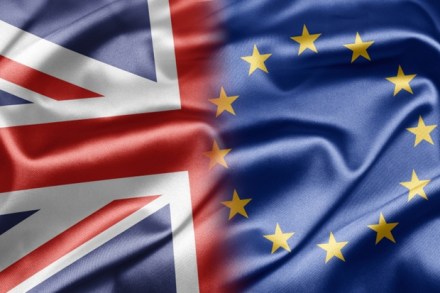EU statement: Eurosceptic Tories strikingly civil to Cameron
[audioplayer src=”http://rss.acast.com/viewfrom22/fightingovercrumbs-euroscepticsandtheeudeal/media.mp3″ title=”James Forsyth and Vote Leave’s Stephen Parkinson discuss Euroscepticsm”] The great confrontation between David Cameron and Eurosceptic Tory backbenchers did not materialise today. Instead, the tone of the questions following the Prime Minister’s statement was strikingly civil. Edward Leigh thanked Cameron for the fact that there was going to be a referendum, Steve Baker paid tribute to his negotiating effort and Peter Bone tried to recruit him to the Out side. Jacob Rees-Mogg, though, was more critical. He complained that the ‘thin gruel had been watered down’ still further and warned Cameron he had a fortnight to save his reputation as a negotiator. Perhaps the most significant moment




















